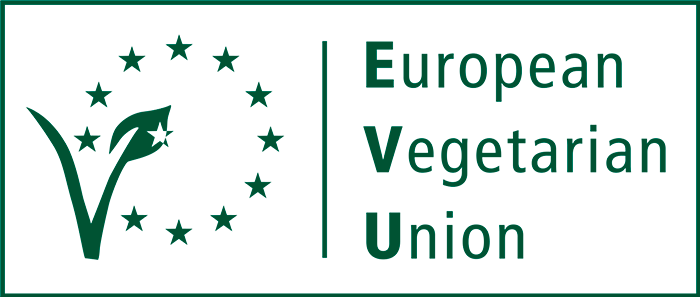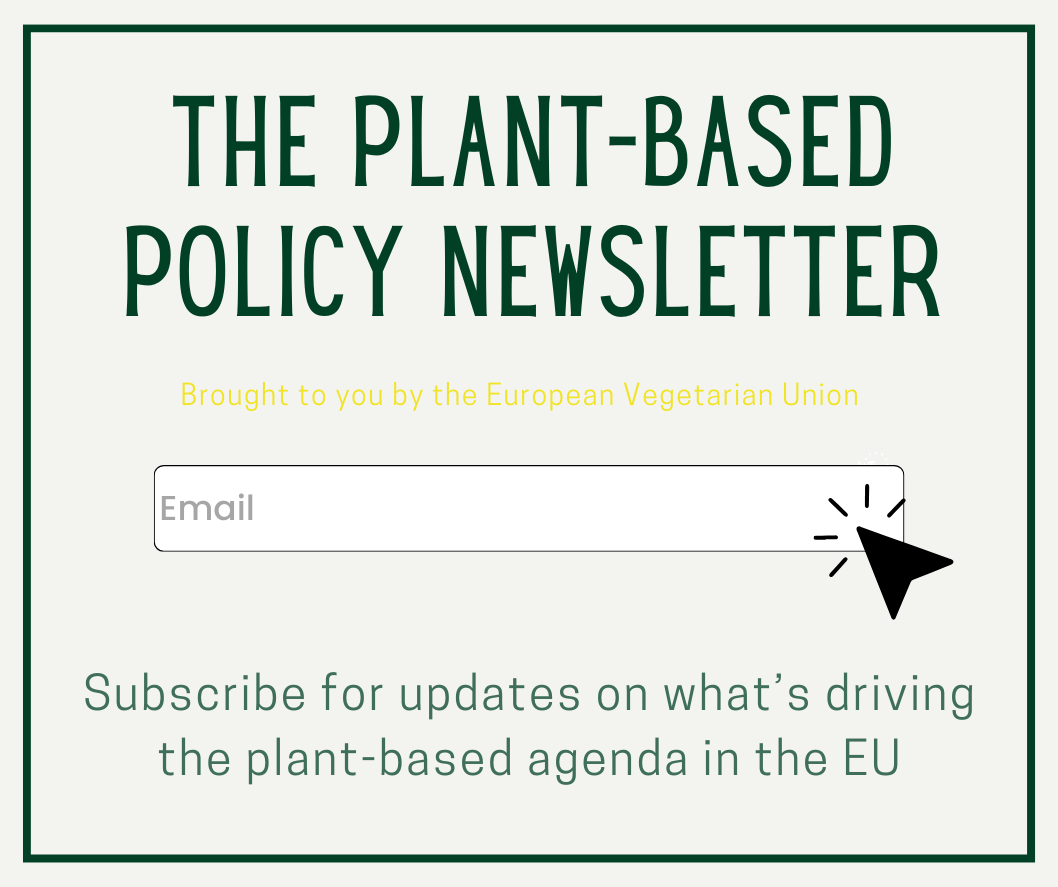Vegetarian and vegan alternatives to meat and dairy products have been on the market for decades and are currently experiencing a rapid increase in development, sales, and popularity.
As many of the meat and dairy alternatives have been developed and produced specifically to resemble the ‘originals’, they are marketed under similar sales denominations, such as ‘vegan sausage’ or ‘vegetarian burger’. Before these products made their way onto the shelves of the larger supermarket chains, this has not been met with criticism. Now that there are more and more products, with continuously higher quality, certain stakeholders are calling for legal restrictions for their sales denominations.
After the European Commission repeatedly stated that it does not intend to introduce bans for ‘meaty designations’ for plant-based products, there have been initiatives in member states, such as Germany and France, to restrict the marketing for vegetarian alternatives on a national level. An additional initiative was launched in 2019 in the European Parliament.
Amidst the negotiations on a reform of the Common Agriculture Policy (CAP), the responsible agriculture committee (AGRI) of the Parliament, adopted a proposal for an amendment to the Common Market Organisation (CMO) that would effectively ban all “meaty” denominations for alternative products, including general terms such as ‘burger’ or ‘sausage’. Fortunately, CAP negotiations are ongoing and there is still a chance to convince political stakeholders that such legislation lacks a sensible reasoning.
However, the marketing of dairy alternatives is already quite restrictive, as dairy foods were granted exclusive rights throughout the EU in the 80s already. Apart from a few exceptions in each member state, foods that are not made from “mammary secretion” cannot be sold or marketed as ‘milk’, ‘cheese’ or the like. A European Court of Justice ruling in 2017 confirmed this strict legislation, indicating that it does not matter how clear it is made on the product that it does not stem from an animal, it still cannot be labelled with dairy terms.
It is EVU’s position that ‘meaty’ and ‘milky’ names on vegetarian meat and dairy alternatives convey important information on what consumers can expect of a product. Hence, they guide consumers’ purchase decisions in a useful and straightforward way without the danger of deception under the premise that
– the vegetarian characteristic is communicated clearly on the packaging and
– the vegetarian product is sufficiently similar to the meat/dairy products whose denomination it bears.
For more information, refer to EVU’s position paper on sales denominations for meat-alternatives.


